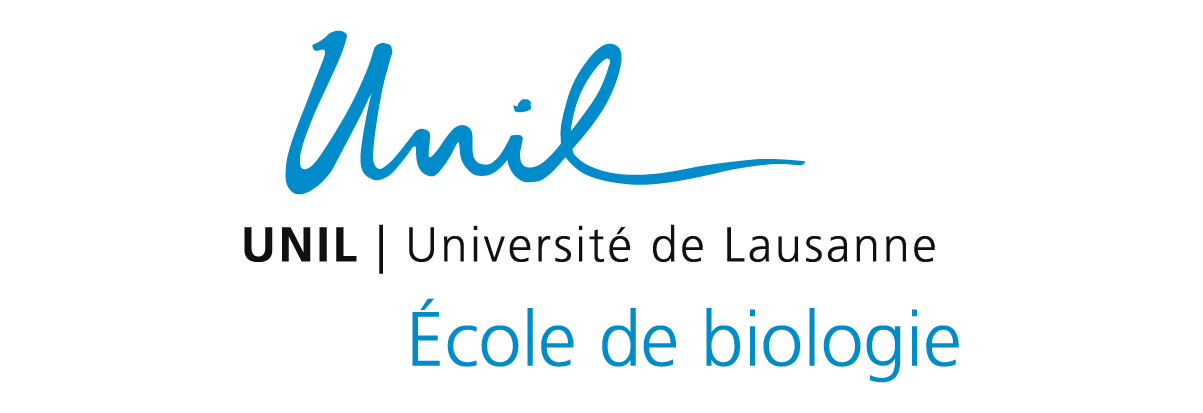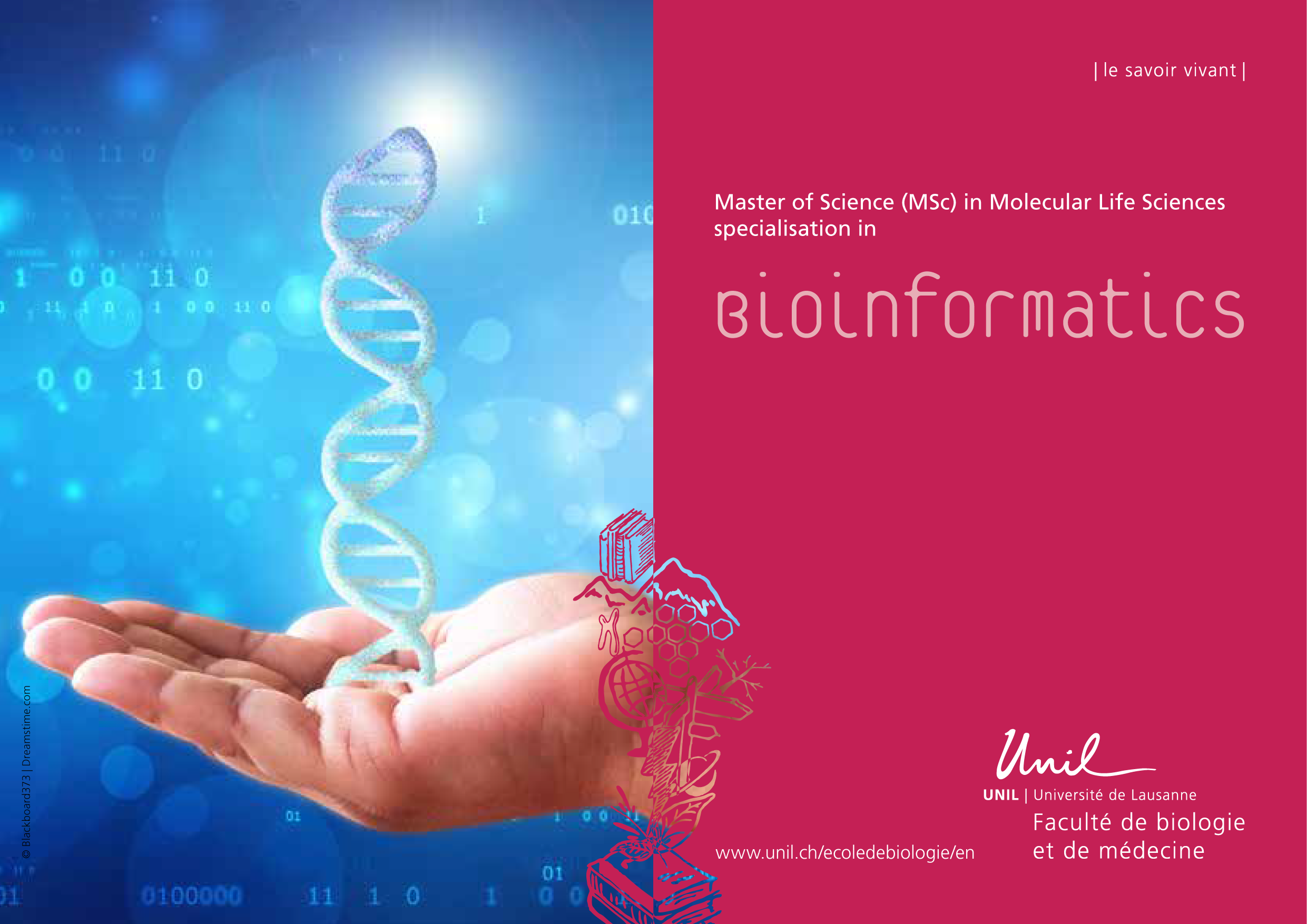
The goal of the MLS Bioinformatics specialisation is to train flexible and adaptable interdisciplinary scientists, who are at ease both at the bench and at the computer. This is achieved by integrating a solid training in bioinformatics with biology.
Specific training objectives
At the end of their studies, students will be able to:
- Design experiments to analyse and understand genetic and genomic data.
- Mobilise in-depth knowledge of statistics and bioinformatics applied to biology.
- Use computer programming techniques.
Students pursuing an MLS Bioinformatics specialisation are encouraged to take on master projects either in bioinformatics, developing new tools and methods, or in experimental biology groups, where bioinformatics is key to making sense of large-scale data. Such data could originate from transcriptomics, metabolomics, or other high throughput technologies.
The students are prepared to continue as bioinformaticians in laboratories or industry, or towards a PhD, either specialising further in bioinformatics, or using their skills to make the best use of genomics to advance knowledge in biology.
Study content
Mandatory courses:
- Four common courses with other Molecular Life Sciences students: "Sequence a Genome" (including both wet-lab and bioinformatics work), "Write a Review", "Write a Fellowship" and (basic) "Data Analysis"
- A course in "Advanced Data Analysis"
- "Advanced Python Programming"
- A practical course on "Theory and Practice in Gene Expression Analysis"
- A Master project which can be done in an experimental biology or a bioinformatics group
Optional courses:
A large choice of courses in biology and bioinformatics, including:
- "Advanced Population Genetics"
- "Bioinformatics Algorithm"
- "Industrial Bioinformatics"
- "Phylogeny and Comparative Methods"
Practical work (please visit our host laboratories) :
- First step project in bioinformatics
- Master project in the field of bioinformatics

© Blackboard373 - Dreamstime




